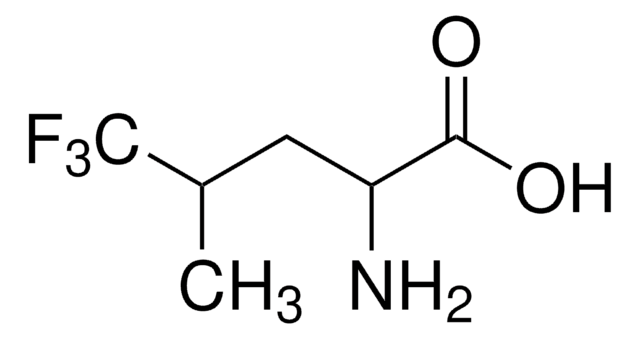94956
Vinylcyclohexene dioxide
purum, suitable for electron microscopy, mixture of isomers, ≥96.0% (GC)
Sinónimos:
4-vinyl-1-cyclohexene diepoxide, 1,2-Epoxy-4-epoxyethylcyclohexane, 3-Epoxyethyl-7-oxabicyclo[4.1.0]heptane
About This Item
Productos recomendados
Quality Level
grade
purum
assay
≥96.0% (GC)
form
liquid
technique(s)
electron microscopy: suitable
refractive index
n20/D 1.477 (lit.)
n20/D 1.479
bp
230-232 °C (lit.)
density
1.094 g/mL at 25 °C (lit.)
SMILES string
C1CC2OC2CC1C3CO3
InChI
1S/C8H12O2/c1-2-6-7(10-6)3-5(1)8-4-9-8/h5-8H,1-4H2
InChI key
OECTYKWYRCHAKR-UHFFFAOYSA-N
¿Está buscando productos similares? Visita Guía de comparación de productos
Application
Related product
signalword
Danger
Hazard Classifications
Acute Tox. 3 Dermal - Acute Tox. 3 Inhalation - Acute Tox. 4 Oral - Carc. 1B - Muta. 2 - Repr. 1B
Storage Class
6.1C - Combustible acute toxic Cat.3 / toxic compounds or compounds which causing chronic effects
wgk_germany
WGK 1
flash_point_f
224.6 °F - closed cup
flash_point_c
107 °C - closed cup
ppe
Eyeshields, Faceshields, Gloves, type ABEK (EN14387) respirator filter
Certificados de análisis (COA)
Busque Certificados de análisis (COA) introduciendo el número de lote del producto. Los números de lote se encuentran en la etiqueta del producto después de las palabras «Lot» o «Batch»
¿Ya tiene este producto?
Encuentre la documentación para los productos que ha comprado recientemente en la Biblioteca de documentos.
Los clientes también vieron
Nuestro equipo de científicos tiene experiencia en todas las áreas de investigación: Ciencias de la vida, Ciencia de los materiales, Síntesis química, Cromatografía, Analítica y muchas otras.
Póngase en contacto con el Servicio técnico










